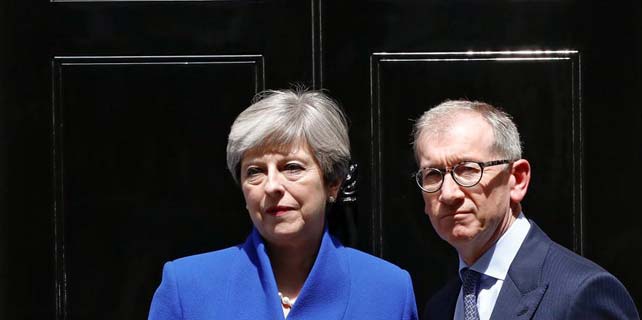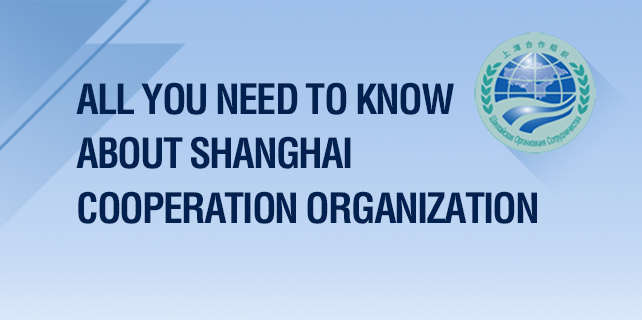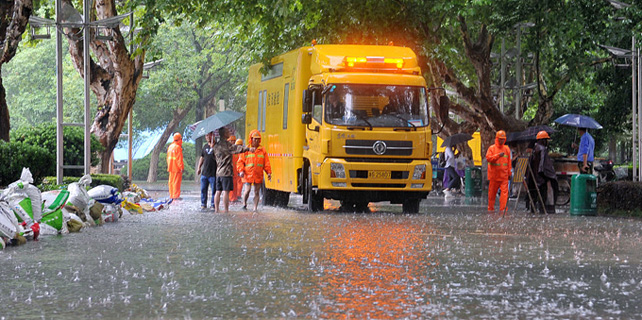Singapore should not be diverted from right course
Singaporean Foreign Minister Vivian Balakrishnan's visit to China has been another precious step forward in the two countries' joint endeavors to repair their ties that have been bruised by a number of unpleasant episodes concerning the South China Sea.
On Monday, Chinese Foreign Minister Wang Yi and his Singaporean counterpart put forward details for the implementation of the inter-governmental memorandum of understanding which the two countries agreed at the Belt and Road Forum for International Cooperation in Beijing in May, expressing the two sides' joint intention to build platforms for interconnectivity, financial cooperation and third-party collaboration.
Although an MOU is more akin to a gentlemen's agreement due to the absence of any legal commitment, that in no way diminishes the political significance of the China-Singapore MOU, which underscores the resilience of their ties.
Singapore has long had an important place in contemporary Chinese diplomacy. Yet some of Singapore's recent diplomatic moves seem to have sent misleading signals. That the two governments have again showcased their convergence of will sends a powerful message countering speculation that outsider intervention might have come between them.
Singapore does have legitimate interests that differ from, even at times contradict, China's. But that does not mean it has any reason to help others hurt China's core interests. Only when they approach their differences from a constructive perspective and are sensitive to each other's core concerns will China and Singapore be able to cooperate effectively.
The historical China-Singapore rapport was built on a solid basis of mutual understanding; yet the recent glitches in ties have displayed Singapore's misinterpretations of China's intentions. Things will certainly look uglier than they actually are through the prism of geopolitical rivalry. And will inevitably be so if handled as such.
While many of China's development programs, including the Belt and Road Initiative, can advance with or without Singapore's participation, whether they can work together to promote a peaceful, prosperous neighborhood does matter.
Singapore's constructive potential in regional affairs and relations between China and the Association of Southeast Asian Nations, of which it will have the presidency next year, is underlined by the recent agreement between China and ASEAN to enhance their partnership and negotiations on the Code of Conduct for the South China Sea.
By working at odds with each other, they would only hinder efforts to promote peace and stability in the region; by working together, they can do wonderful things, as their past relations show.






















